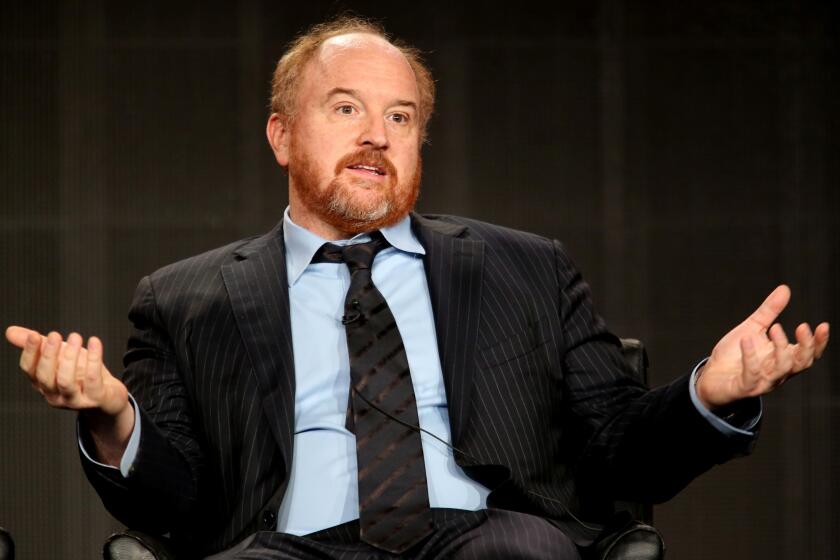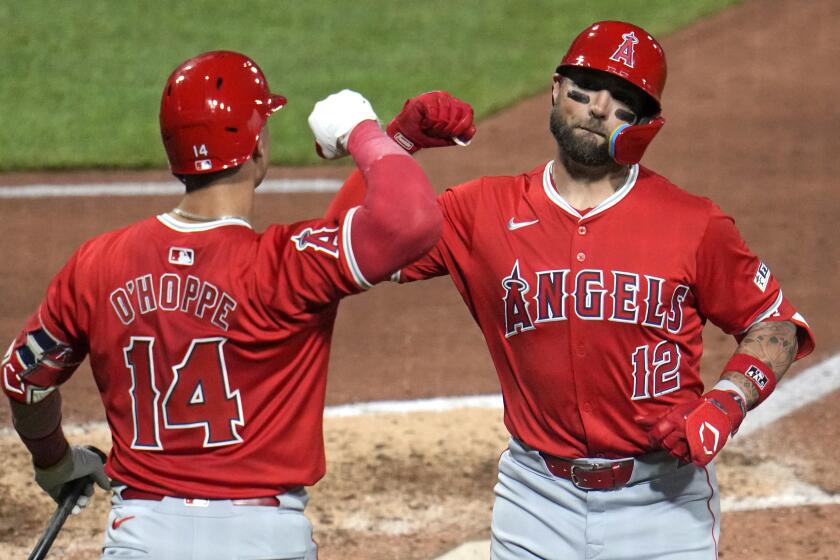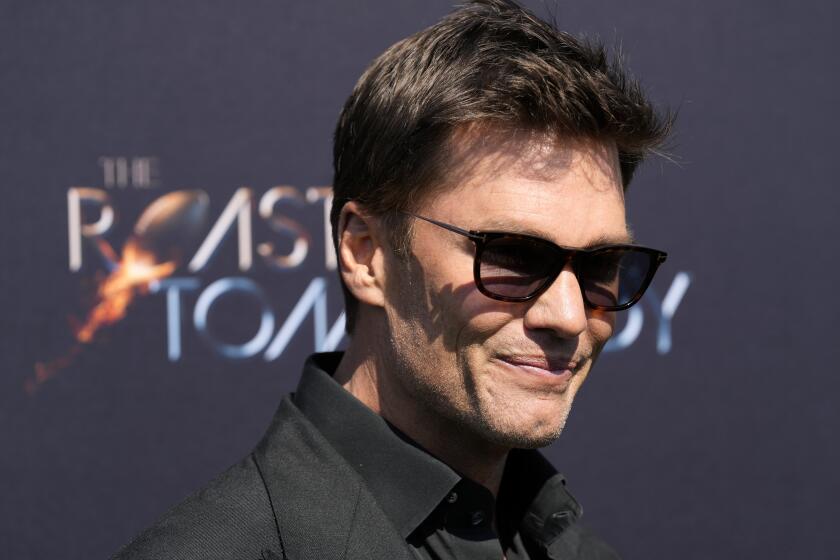Looking in a Mirror at the ‘Press’
“Why America hates the press.”
It’s an intriguing and provocative premise that the distinguished PBS series “Frontline” proposes to explore tonight.
Unfortunately, the premise is exaggerated, and the answers to the “why” rely more on “inside baseball” than on genuine public concerns.
There is no doubt that many Americans are increasingly critical of, suspicious of and even, at times, hostile toward the press. But to suggest that the entire country or even the majority of its citizens “hates” the press goes far beyond what any public opinion poll has shown.
More important, by emphasizing several flaws in the press that are more troubling to other journalists than to most readers and viewers, “Frontline” ignores many of the truly serious shortcomings that afflict the press and undermine public confidence in it.
Much of the first part of the show, for example, is devoted to criticizing the Sunday morning political talk shows, the chat-and-shout journalistic food-fights (as in “The McLaughlin Group”) in which reporters and commentators try to top one another in making ill-informed snap judgments and outrageous statements.
These shows do cheapen both the political dialogue and the journalists who participate in them, as James Fallows, author of the book “Breaking the News,” says on the “Frontline” program. But the collective viewership of these shows is relatively small nationwide, and their primary effect is in enticing other journalists to engage in similar tactics on a whole range of local and network news shows--a temptation-cum-contagion that “Frontline” ignores.
Similarly, almost 25% of the 60-minute “Frontline” is devoted to the potential conflict of interest that the top television news stars risk by going on the lecture circuit and accepting big bucks from lobbying and special interest groups. Again, there is no question that making such lucrative appearances on a regular basis is wrong. But do most Americans even know about the practice, never mind “hate” Sam Donaldson, Cokie Roberts and others who engage in it?
Instead of devoting most of its air time to these two relatively modest journalistic sins, “Frontline” would have done better to examine the real reasons so many Americans are complaining about the press. The public thinks the press is too negative, too cynical, too interested in sensationalizing and trivializing the news. They think the press is biased. They think that whenever the press covers a story that they, the readers and viewers, know something about personally, the press gets it wrong.
With the exception of a brief discussion of the “insider gossip” about Hillary Rodham Clinton in Bob Woodward’s latest book, “The Choice,” and one comment on press cynicism by David Broder, political columnist for the Washington Post, “Frontline” ignores all these issues.
I don’t mean to suggest that “Why America Hates the Press” is without value. It clearly is not. The program does examine the effects of several important changes in the nation’s press corps--most notably, the shift of the Washington press corps from ink-stained wretches whose income, education and social standing were far beneath the people they covered to an elite group who are sometimes richer and more famous than their sources and subjects (with whom they routinely socialize).
This paradigmatic transformation, the program rightly points out, has left many of the nation’s most influential journalists completely out of touch with the readers and viewers they are supposed to be informing.
* “Why America Hates the Press” airs on PBS’ “Frontline” at 9 tonight on KCET-TV Channel 28.
The complete guide to home viewing
Get Screen Gab for everything about the TV shows and streaming movies everyone’s talking about.
You may occasionally receive promotional content from the Los Angeles Times.



